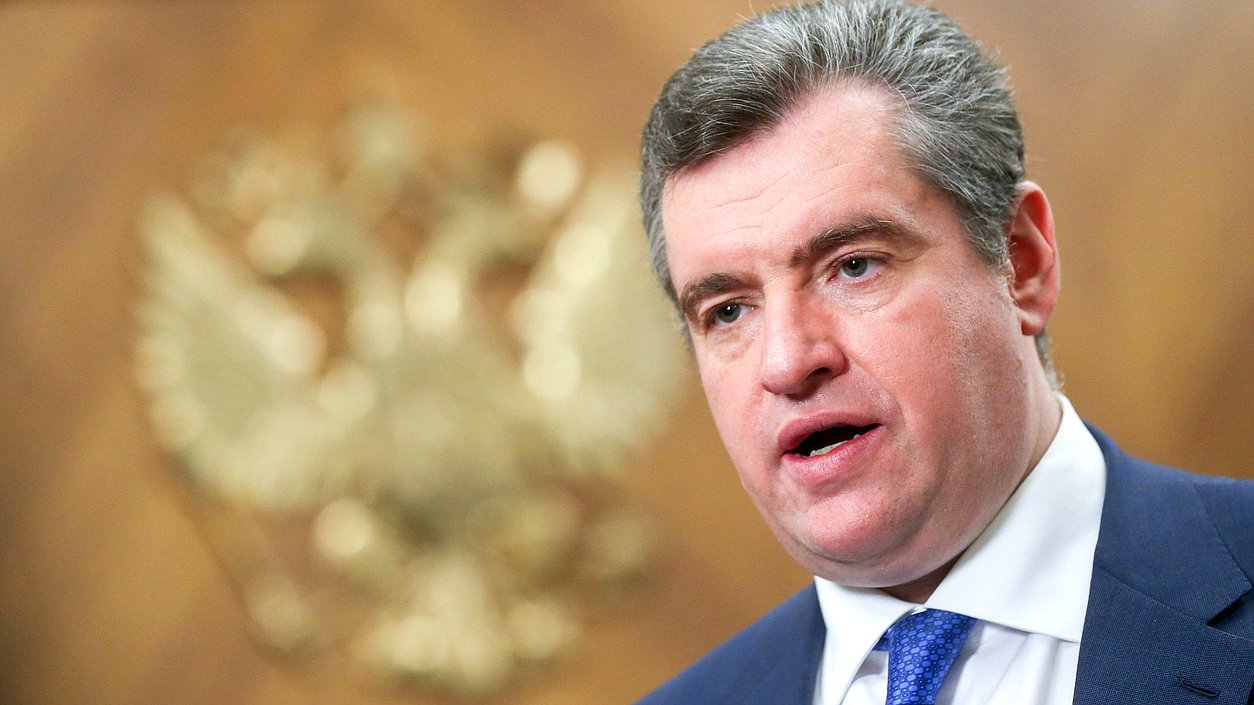
“The statements
of the Foreign Minister and the Speaker of the Estonian Parliament about the lack of prospects for ratification of the Russian-Estonian Treaty on the State
Border in the Riigikogu are rather a desperate PR stunt. Before that, the Estonian side was interested in this ratification just as much as the Russian
side; there was even a conversation about holding a simultaneous procedure in 2016. But the Anti-Russian policy of the authorities of the Republic of Estonia
then had a negative impact on the inter-parliamentary dialogue,” said Leonid
Slutskiy

Leonid Eduardovich
.
The Chairman of the Committee added that “the Treaty is still being reviewed by our Committee. However, such statements of the Ministry of Foreign Affairs and the Estonian Parliament again send an extremely negative signal for resuming discussions on the issue. Moreover, we should not talk about annexation, as this is incorrect. It was the Minister of Foreign Affairs of Estonia, the predecessor of Mr. Reinsalu, who signed the new State Border Treaty in February 2014.”
“The scandal with the border agreement lasts since 2005 precisely because of the fault of the Estonian side. When the first State Border Treaty was concluded after almost 11 years of negotiations, the Estonian parliamentarians, after it had been submitted for ratification, added the reference to the Treaty of Tartu of 1920 in the preamble in a part that potential territorial claims against Russia would still exist. In these conditions, Moscow withdrew its signature, and the process remained legally incomplete. In 2012, negotiations were resumed, and all issues were settled only two years later. Today, there are again conversations that set us back for almost 15 years,” concluded Leonid Slutskiy.
